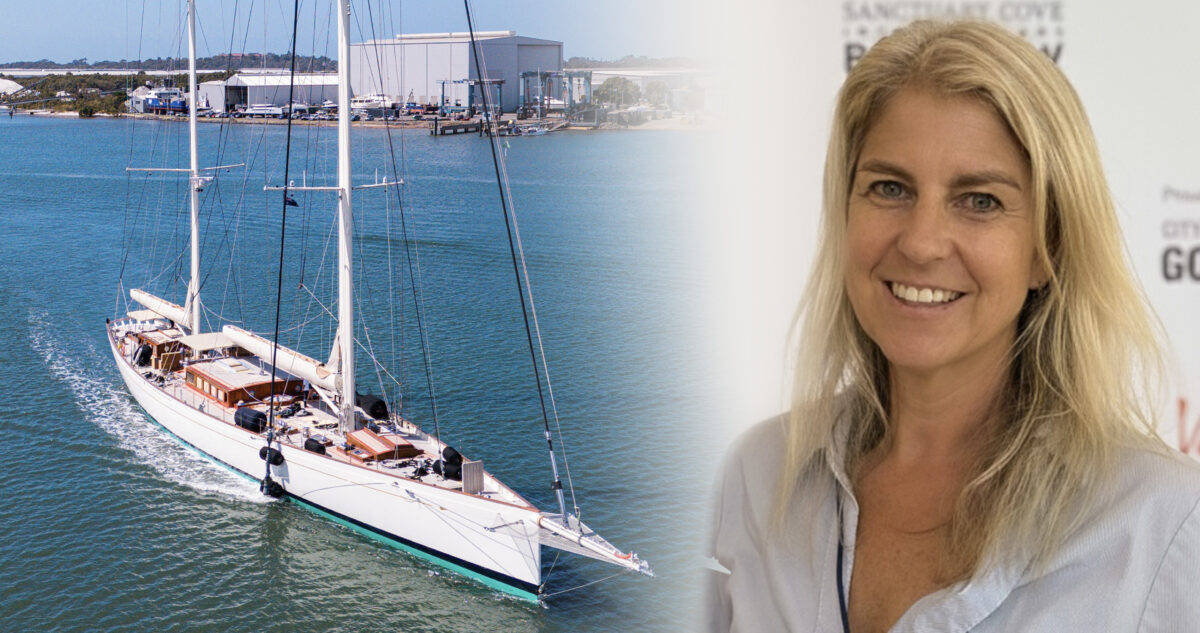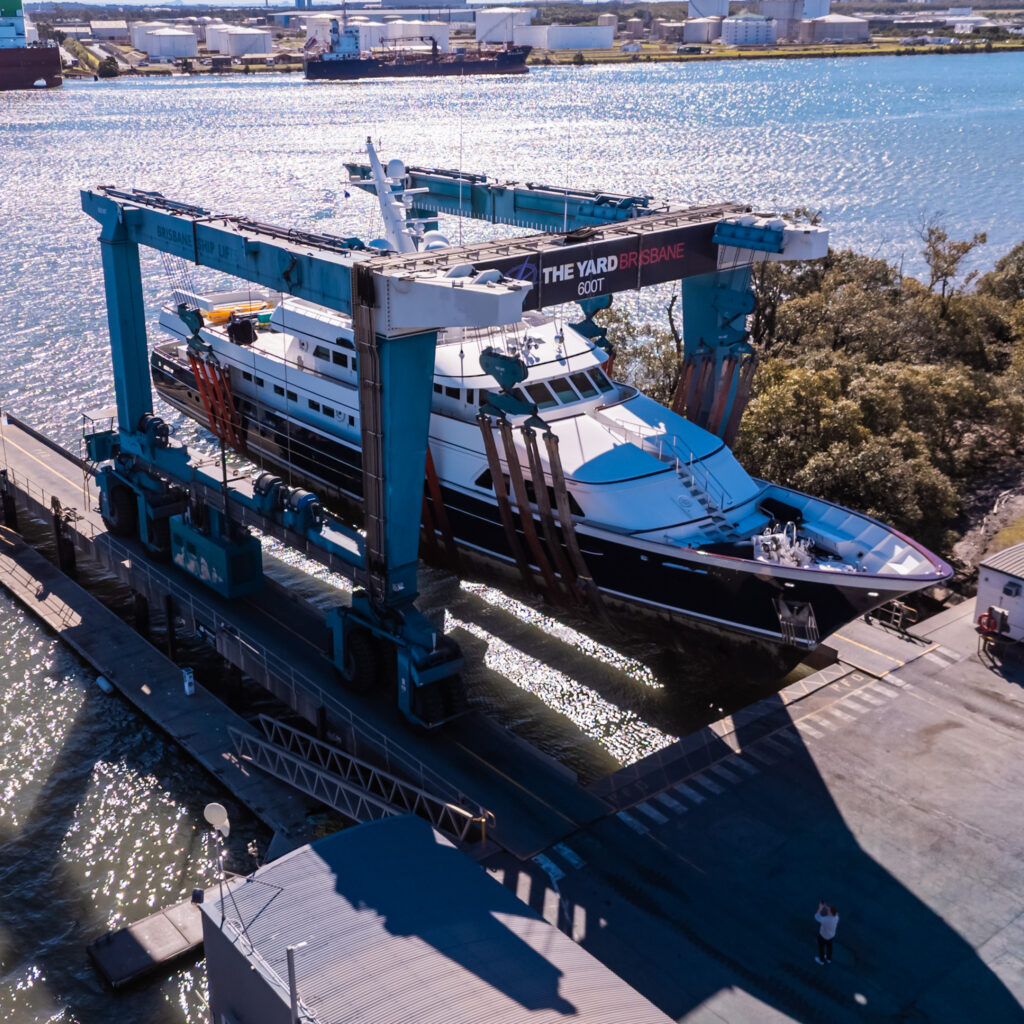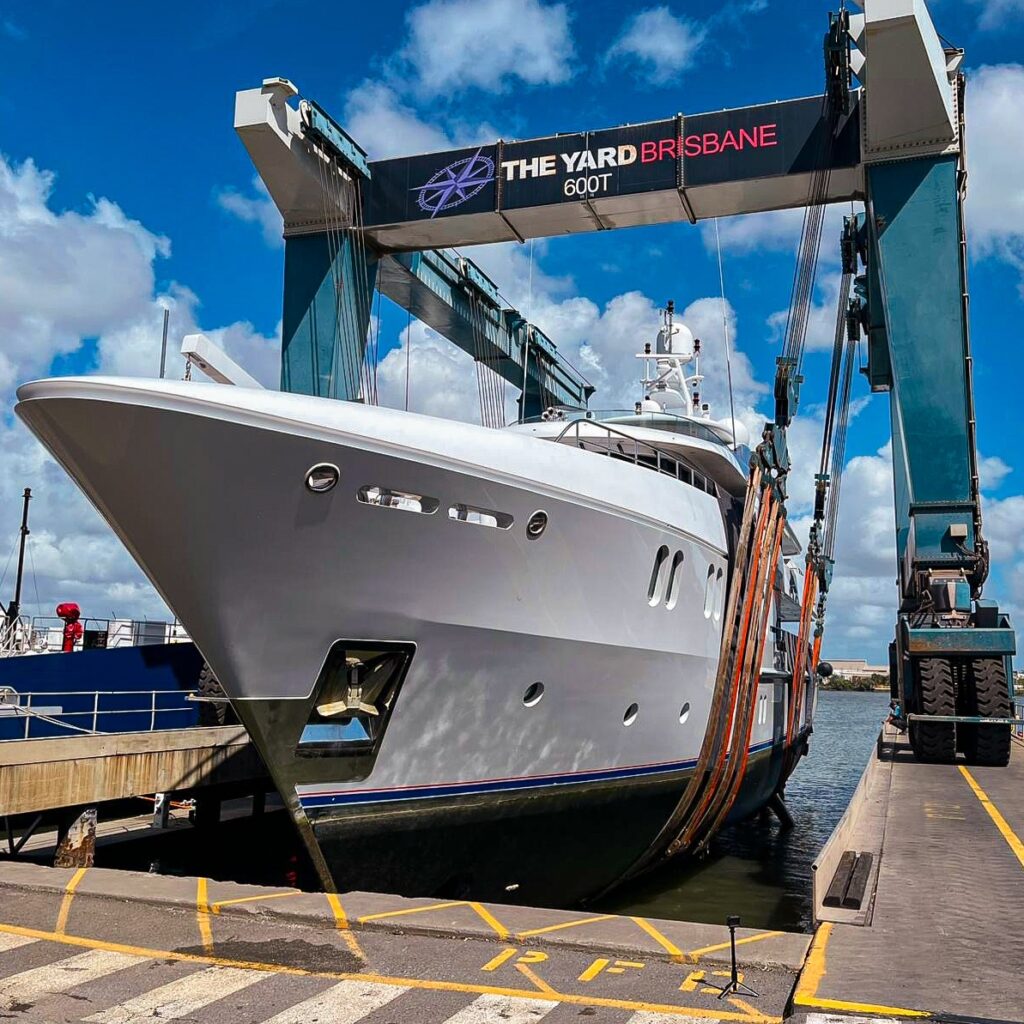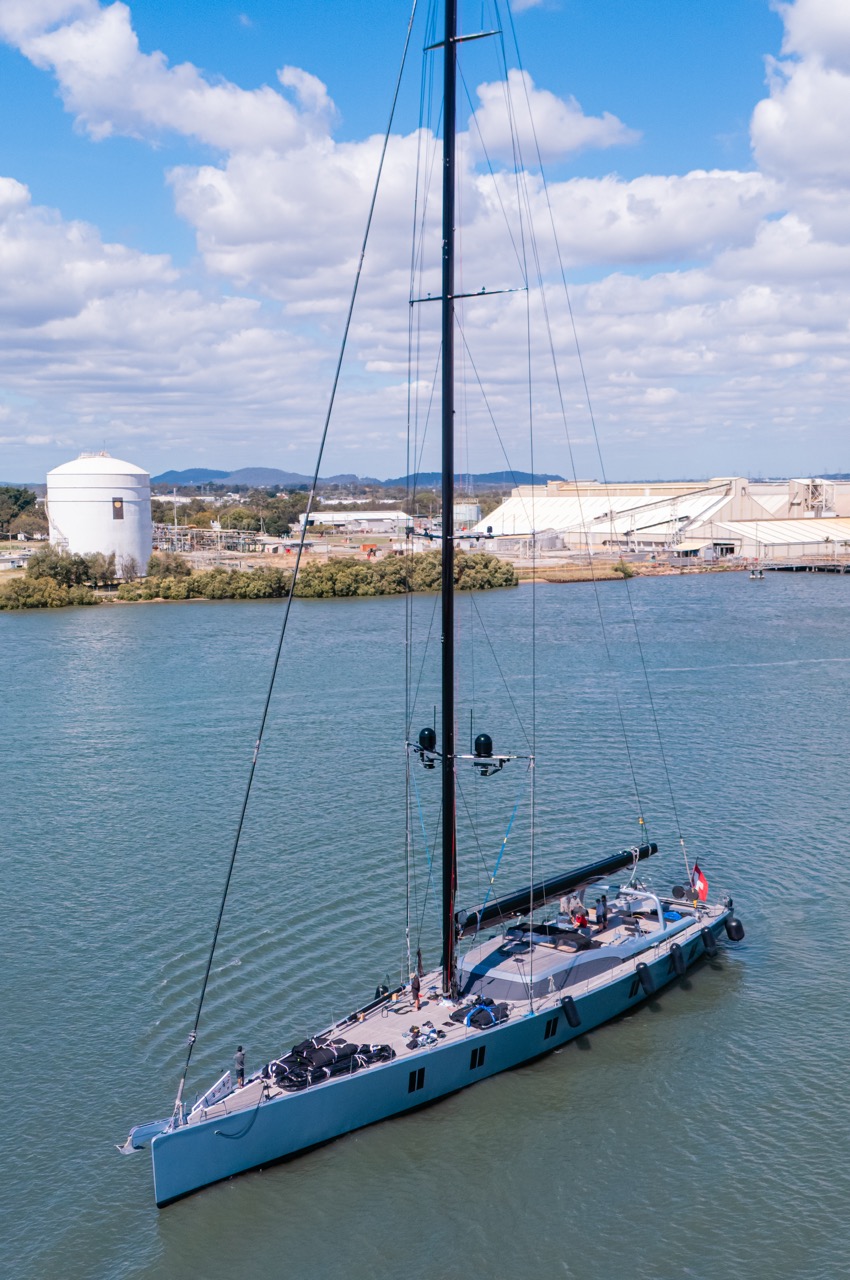Why Antifouling is Essential for Boats in Brisbane’s Waters
Introduction to Antifouling
Boating in Brisbane’s beautiful waters is a dream for many, but to maintain that smooth sailing experience, proper boat care is essential. One of the most critical aspects of boat maintenance is antifouling. This process involves applying a protective coating to the hull of a boat to prevent marine growth, such as barnacles, algae, and other organisms, from attaching to the surface. Over time, these organisms can not only slow your boat down but also cause serious damage.
For boats navigating Brisbane’s unique marine environment, antifouling is especially important. The warm and nutrient-rich waters around the city are prime breeding grounds for marine growth, which can quickly accumulate on your boat’s hull if left unchecked. In this article, we’ll explore why antifouling is essential for boats in Brisbane’s waters and how it can save boat owners time, money, and hassle.
How Antifouling Works
Antifouling is more than just a layer of paint—it’s a specialised coating designed to repel marine organisms. The coating typically contains biocides, which are chemicals that slowly release over time, preventing marine life from adhering to the hull. Depending on the type of antifouling paint used, the protective layer can also wear away at a controlled rate, continuously exposing fresh biocides and ensuring ongoing protection.
There are several types of antifouling solutions available:
- Self-polishing antifouling: This type of paint gradually erodes over time, ensuring that the boat’s hull is consistently protected. It’s ideal for vessels that are frequently in use.
- Hard antifouling: This durable option is best for boats that remain stationary for long periods. It offers a tough surface that prevents growth without eroding as quickly as self-polishing paint.
By applying antifouling paint to your boat, you can ensure it remains efficient and protected against the harsh marine conditions found in Brisbane’s waters, helping you avoid increased fuel consumption, speed reduction, and costly repairs.
Challenges of Brisbane’s Marine Environment
Brisbane’s coastal waters offer a perfect setting for boating, but they also present unique challenges when it comes to boat maintenance. The warm subtropical climate, coupled with the nutrient-rich waters, creates the ideal environment for marine organisms like barnacles, algae, and mussels to thrive. These creatures are notorious for attaching themselves to boat hulls, causing a range of problems if left untreated.
The high water temperatures in Brisbane accelerate the growth of these organisms, which can accumulate rapidly, especially during the summer months. Additionally, the increased salinity and organic matter in Brisbane’s rivers and coastal areas create an even more conducive environment for marine fouling. As a result, boat owners in Brisbane must be particularly diligent about antifouling treatments to prevent excessive build-up and damage.
Without regular antifouling maintenance, the marine growth can lead to:
- Decreased speed: Marine growth creates drag on the boat’s hull, which can significantly reduce its speed.
- Increased fuel consumption: As the boat works harder to move through the water, it uses more fuel, resulting in higher operational costs.
- Hull damage: Marine organisms can eventually penetrate and damage the hull, leading to expensive repairs.
Thus, the conditions in Brisbane’s waters make antifouling an essential part of boat care.
The Consequences of Not Antifouling Your Boat
Failing to antifoul your boat can lead to a host of problems that affect both its performance and longevity. One of the most immediate impacts is the reduction in speed and efficiency. The accumulation of marine organisms on the hull creates significant resistance as the boat moves through the water, which slows it down and forces the engine to work harder. This not only affects the boat’s handling but also increases fuel consumption, making it more expensive to operate.
Additionally, without antifouling, marine growth can cause long-term structural damage. Organisms like barnacles can attach themselves so firmly to the hull that they begin to penetrate the boat’s surface. Over time, this can weaken the hull’s integrity, leading to corrosion, leaks, or even cracks that can require costly repairs.
Other consequences include:
- Frequent maintenance: Boats that aren’t protected by antifouling paint require more frequent cleanings, as the growth must be manually removed.
- Loss of resale value: A poorly maintained hull will negatively affect the resale value of your boat, as potential buyers may be wary of hidden damage caused by marine growth.
In short, failing to antifoul your boat in Brisbane’s waters can lead to both immediate and long-term costs, making regular antifouling a crucial investment.
How Antifouling Protects Your Boat
Antifouling plays a crucial role in safeguarding your boat from the harsh effects of marine growth. The primary function of antifouling paint is to prevent organisms such as barnacles, algae, and other marine life from adhering to the boat’s hull. This protective layer not only keeps the hull clean but also ensures that your boat continues to perform optimally in the water.
Here’s how antifouling benefits your boat:
- Prevents Marine Growth: The biocides in antifouling paint actively repel marine organisms, stopping them from forming colonies on the hull. Without this layer of protection, marine growth can quickly accumulate, causing drag and slowing your boat down.
- Improves Boat Performance: A clean hull allows your boat to glide smoothly through the water, improving speed and handling. This also translates to fuel efficiency, as your engine doesn’t have to work harder to push through the resistance caused by fouling.
- Extends the Lifespan of Your Boat: By preventing the buildup of marine organisms that can damage the hull, antifouling helps preserve your boat’s structural integrity. This means fewer repairs, lower maintenance costs, and a longer lifespan for your vessel.
- Reduces Environmental Impact: While antifouling paints contain biocides, they are designed to minimise the amount of harmful substances entering the water. A well-maintained, clean hull also reduces fuel consumption, leading to fewer carbon emissions.
In essence, antifouling is more than just boat care; it’s a way to protect your investment, enhance performance, and minimise environmental impact.
Why Antifouling is Especially Important in Brisbane
Brisbane’s marine environment presents specific challenges that make antifouling particularly important for boat owners. The warm waters and subtropical climate are ideal for rapid marine growth, meaning boats in this region are more susceptible to fouling than in cooler climates. Without regular antifouling, your boat can quickly become coated in marine organisms, impacting both performance and safety.
The region’s high salinity and constant tidal movement also contribute to the faster growth of algae and barnacles. This means that boats moored in Brisbane’s waters or regularly travelling along its rivers and coastline face a higher risk of hull fouling compared to other areas. As a result, antifouling becomes not just a recommendation but a necessity to maintain your boat’s performance and longevity.
Regular antifouling treatments help Brisbane boat owners:
- Avoid Performance Degradation: The high levels of marine growth in Brisbane’s waters can slow down boats significantly, affecting both recreational and commercial vessels.
- Reduce Maintenance Costs: Boats in this region require more frequent cleaning if antifouling isn’t applied, leading to higher maintenance expenses over time.
- Enhance Durability: Brisbane’s unique conditions can cause quicker deterioration of the boat’s hull if marine growth is not controlled. Antifouling provides the protection needed to ensure long-term durability in this challenging environment.
Ultimately, in Brisbane’s waters, antifouling isn’t optional—it’s essential for keeping your boat in top condition, reducing operational costs, and ensuring a safe and enjoyable boating experience.
In Brisbane’s warm and dynamic waters, regular antifouling is essential for maintaining your boat’s performance, longevity, and efficiency. By protecting your vessel from marine growth, you’ll enjoy smoother sailing, lower fuel costs, and reduced maintenance needs.
At The Yard Brisbane, we specialise in providing top-quality antifouling services to keep your boat in prime condition. Our expert team uses industry-leading products and techniques tailored to Brisbane’s unique marine environment.
Contact us today to schedule your next antifouling treatment and ensure your boat stays protected and ready for adventure.








